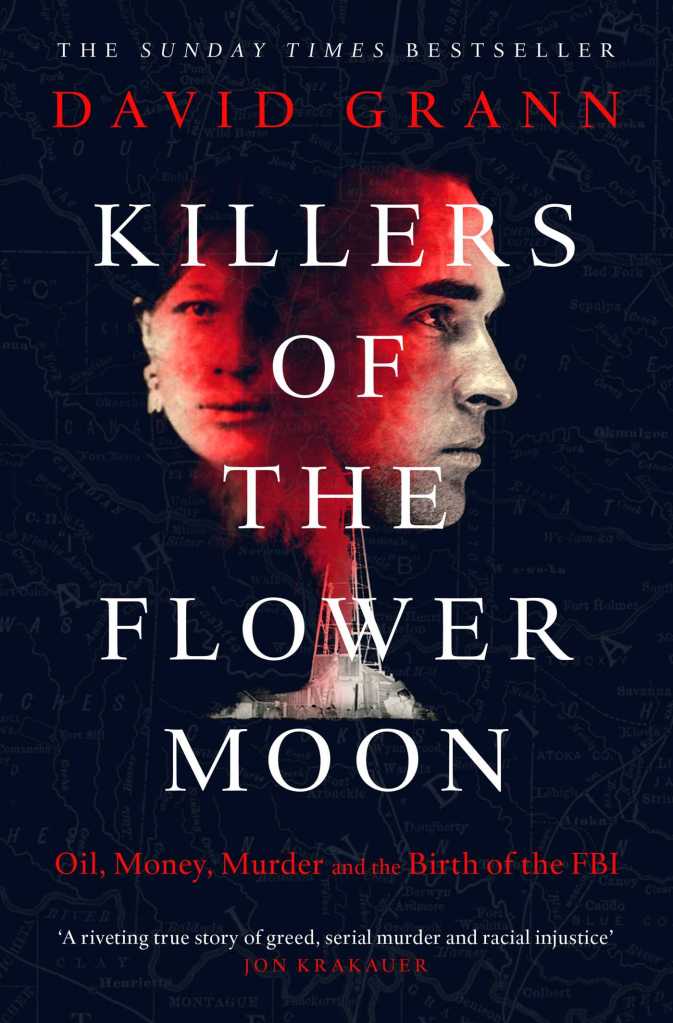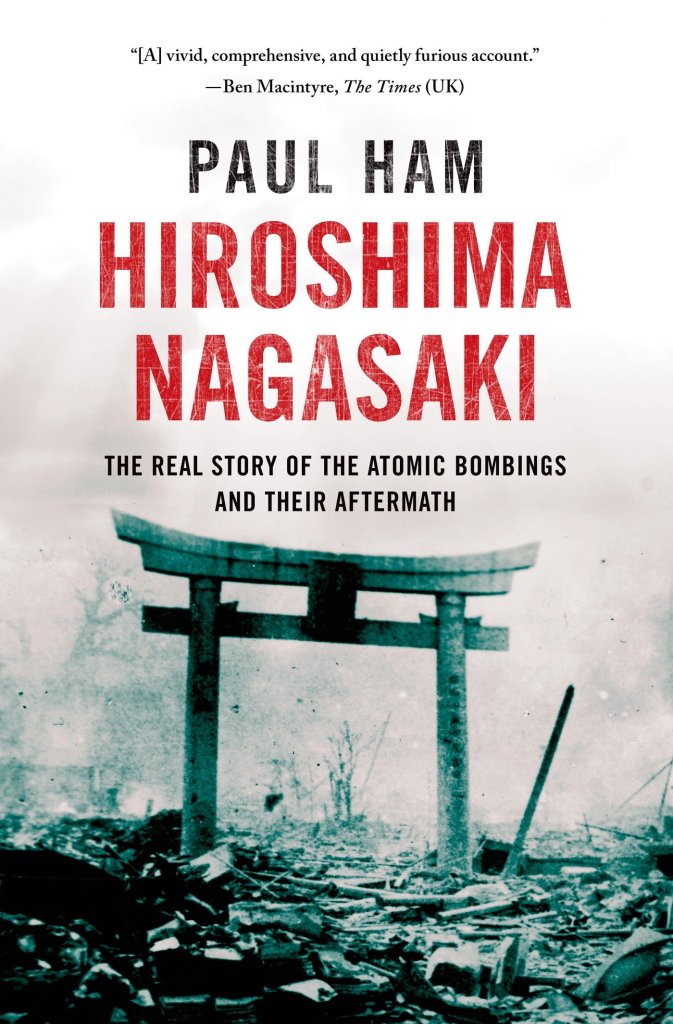Today, 10th October 2023, is the 21st World Day Against the Death Penalty, and it is thus a perfect opportunity to talk about some insightful books that shed light on the death penalty, its usage, history and justification (some 53 countries in the world still retain capital punishment). Below are 10 books, both fiction and non-fiction, that open one’s eyes to the issue and the debate, including from historical, socio-economic, moral, psychological and personal perspectives.

I. The Enchanted [2014] by Rene Denfeld
This is a staggering, hard-hitting debut about a death row inmate who tries to cope with his inhumane, claustrophobic prison conditions, authority corruption and his predicament by imagining fantastical things. He sits and observes, seeing hope and love flourishing in the most unlikely of places. Denfeld’s economical prose leaves a powerful impression, and the book brims with purpose and conviction. This is an engaging story that sheds light on the state of the death row and the human condition characterised by longing for redemption. A criminal never exists in a vacuum, removed from all the past, upbringing, and socio-economic and psychological conditions, and, yet, the criminal justice always treats them as though they were. This controversial book is described as “dark”, and it is, but there is also a strange burning light somewhere there too. It is worth reading this novel just to find and savour it.
Continue reading “10 Eye-Opening Books About the Death Penalty”





 I. Asylums [1961] by Erving Goffman
I. Asylums [1961] by Erving Goffman  II. History of Melancholy [2009/2011] by Karin Johannisson
II. History of Melancholy [2009/2011] by Karin Johannisson